Skip to product information
-
Media gallery  Media gallery
Media gallery
-
Media gallery  Media gallery
Media gallery
-
Media gallery  Media gallery
Media gallery
-
Media gallery  Media gallery
Media gallery
-
Media gallery  Media gallery
Media gallery
-
Media gallery  Media gallery
Media gallery
-
Media gallery  Media gallery
Media gallery
-
Media gallery  Media gallery
Media gallery
1
/
of
8
SKU 00341
Self-Sufficiency: Foraging for Wild Foods
- Regular price
- From $9.99 USD
- Regular price
-
- Sale price
- From $9.99 USD
- Unit price
- / per
-0%
Couldn't load pickup availability
Description
Description
Foraging for wild food is growing more and more popular as people become increasingly interested in eating not only organic but also local fresh food - for free. You'd be surprised at the bounty of wild food you can find practically on your doorstep: some native plants, some escapes from ancient gardens and all delicious. Most of these foods are within easy reach - however, you've got to know what you're looking for and where to go and when. Arranged in a directory of categories divided into wild plants, herbs, fruits, nuts, mushrooms, seaweeds and shellfish, this book has all of the information you need alongside clear illustrations to help you identify a wholesome and natural food store, all for free. Hints on how to prepare and eat your foraged bounty are also included, along with advice on seasonality.
Details
Details
| Pages | 128 |
|---|---|
| Publish Date | 2015-09-01 |
| Size | 5.83" x 8.23" x 0.3543" |
| Author | David Squire |
Reviews
Reviews
G
Galloway Wild Foods
A really excellent introduction to foraging -- the perfect beginner's book providing enough ID, background and general foraging information to get anyone started.
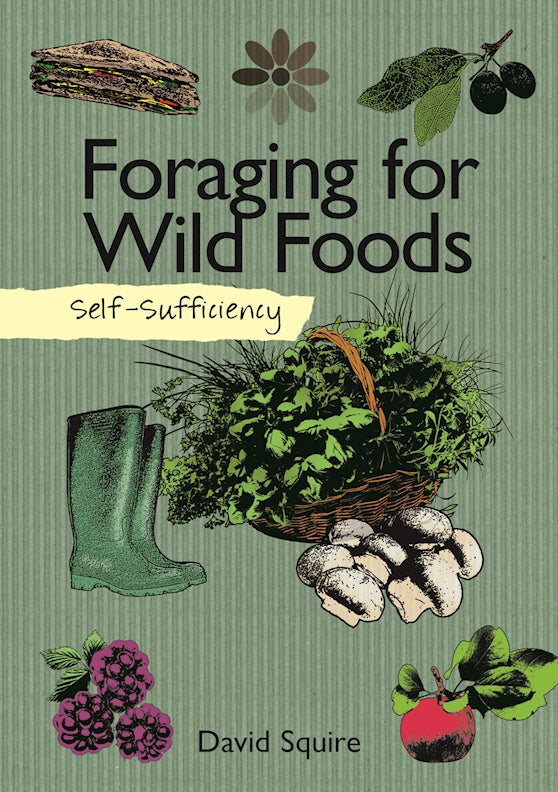
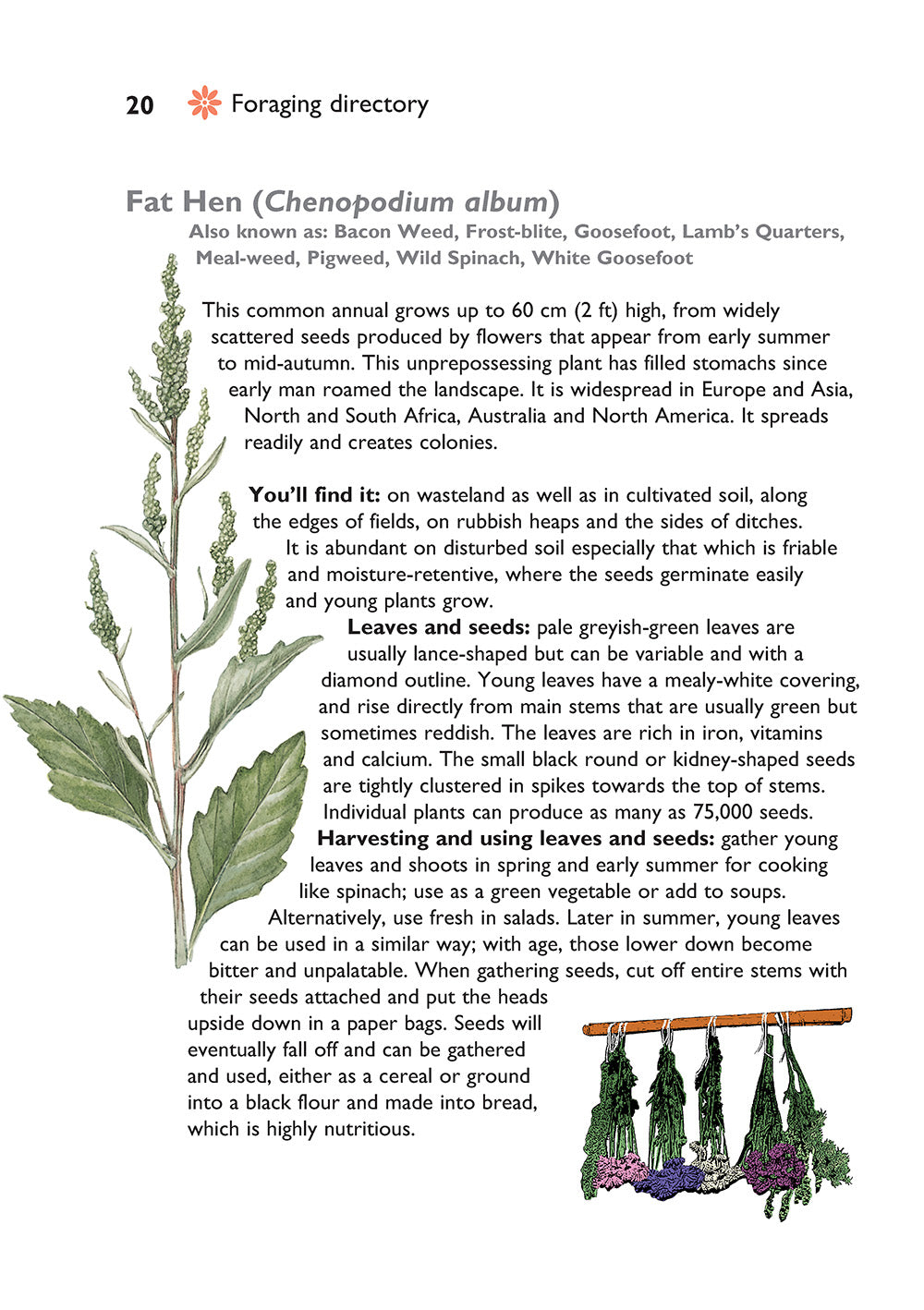
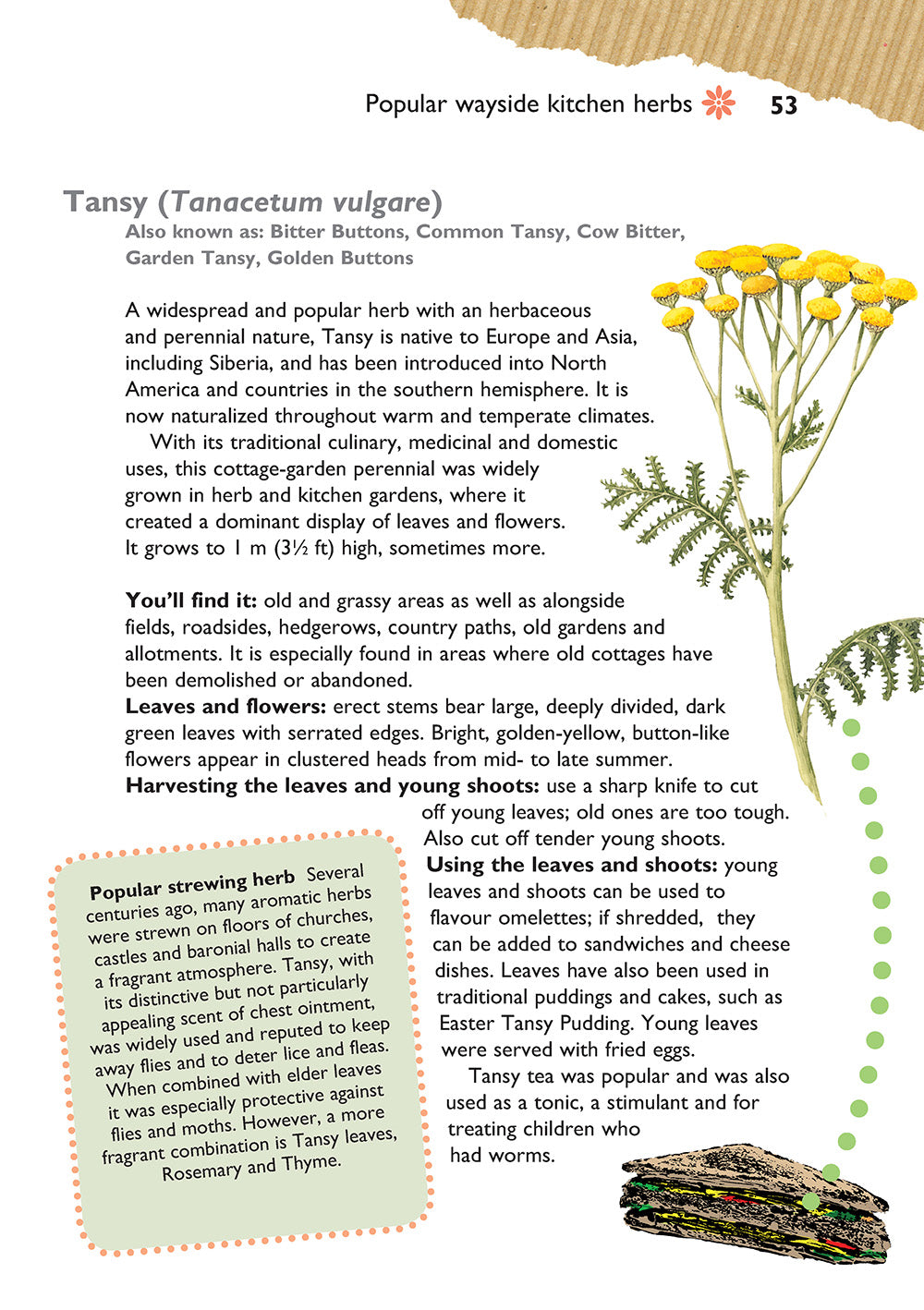
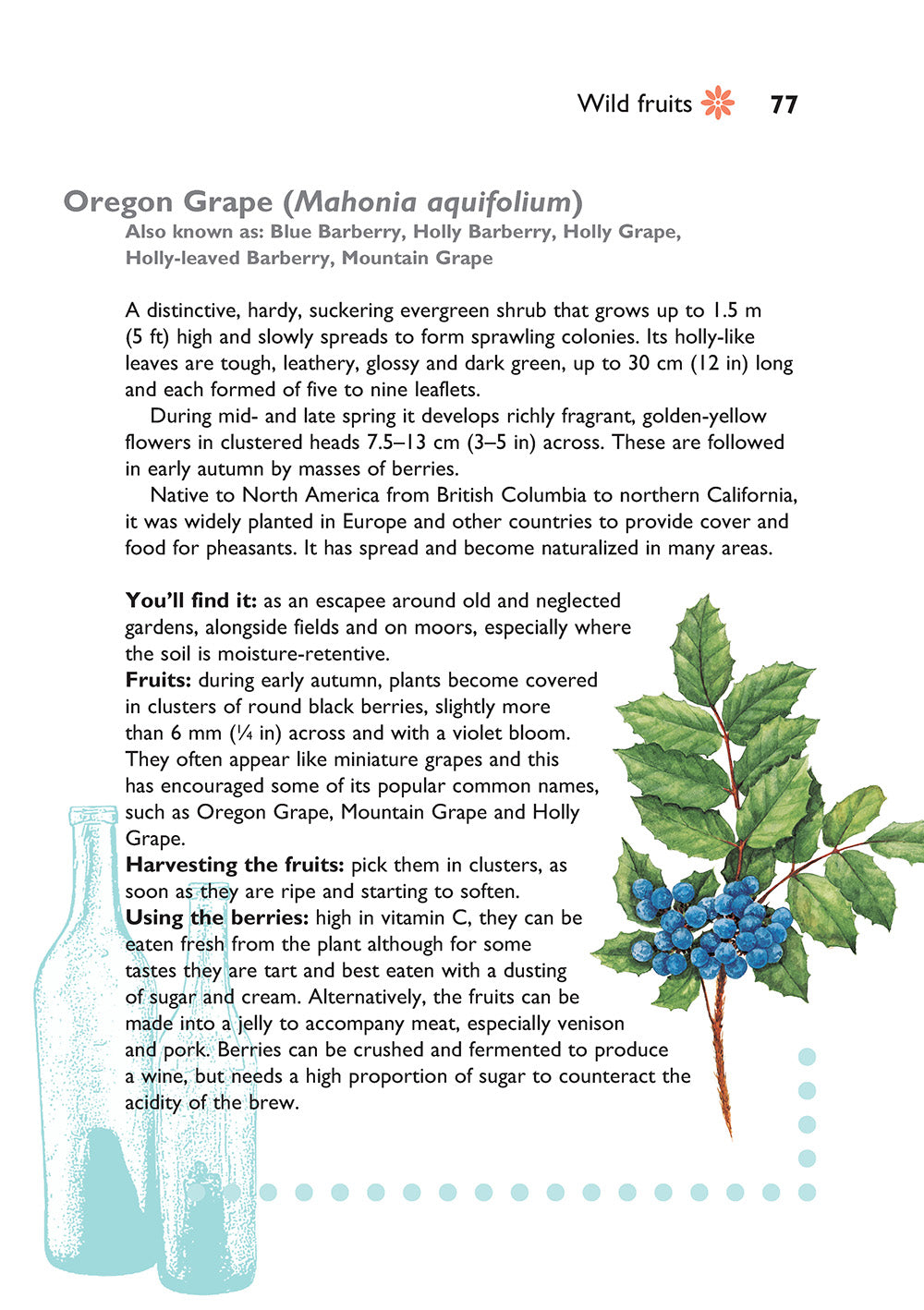
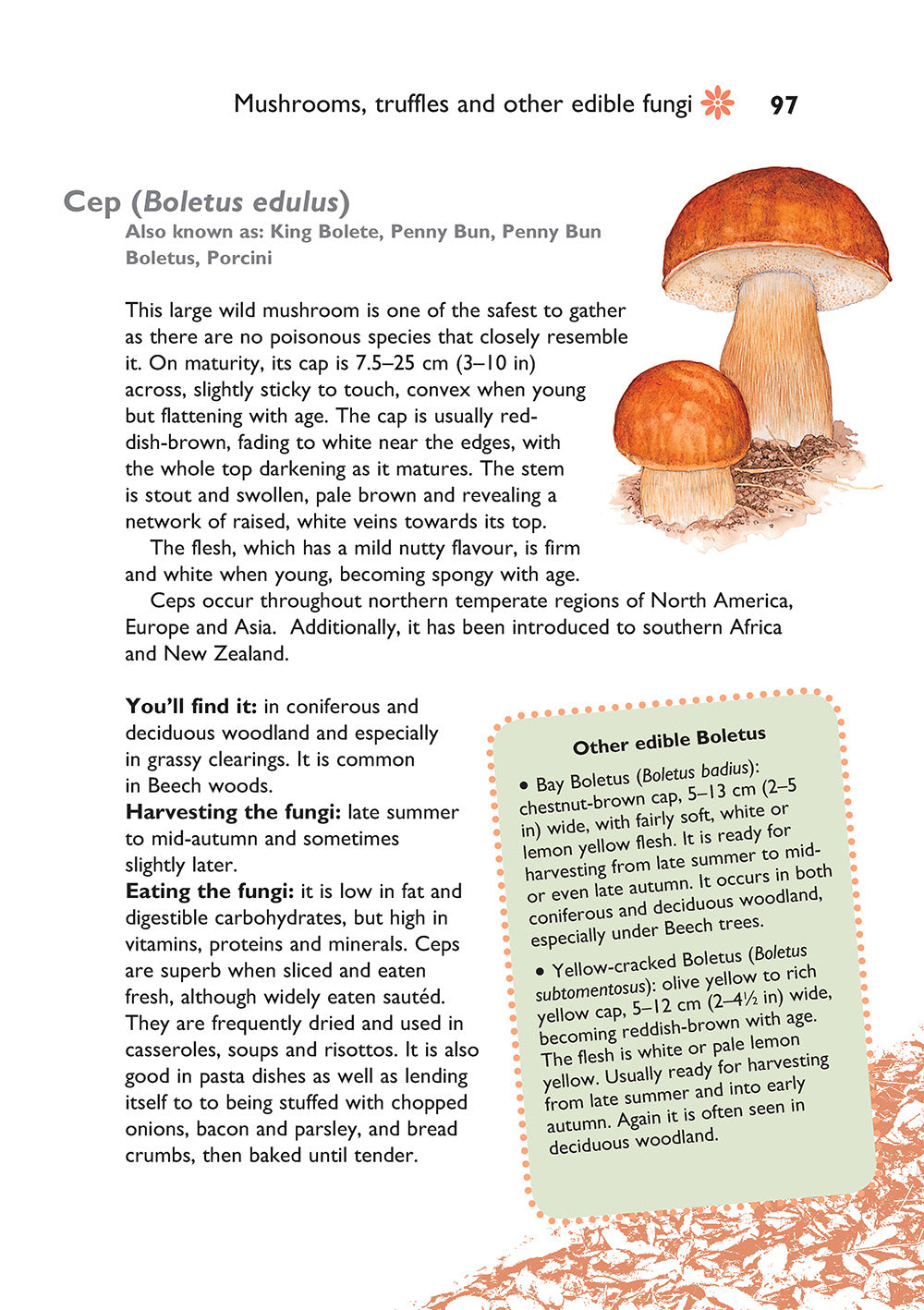
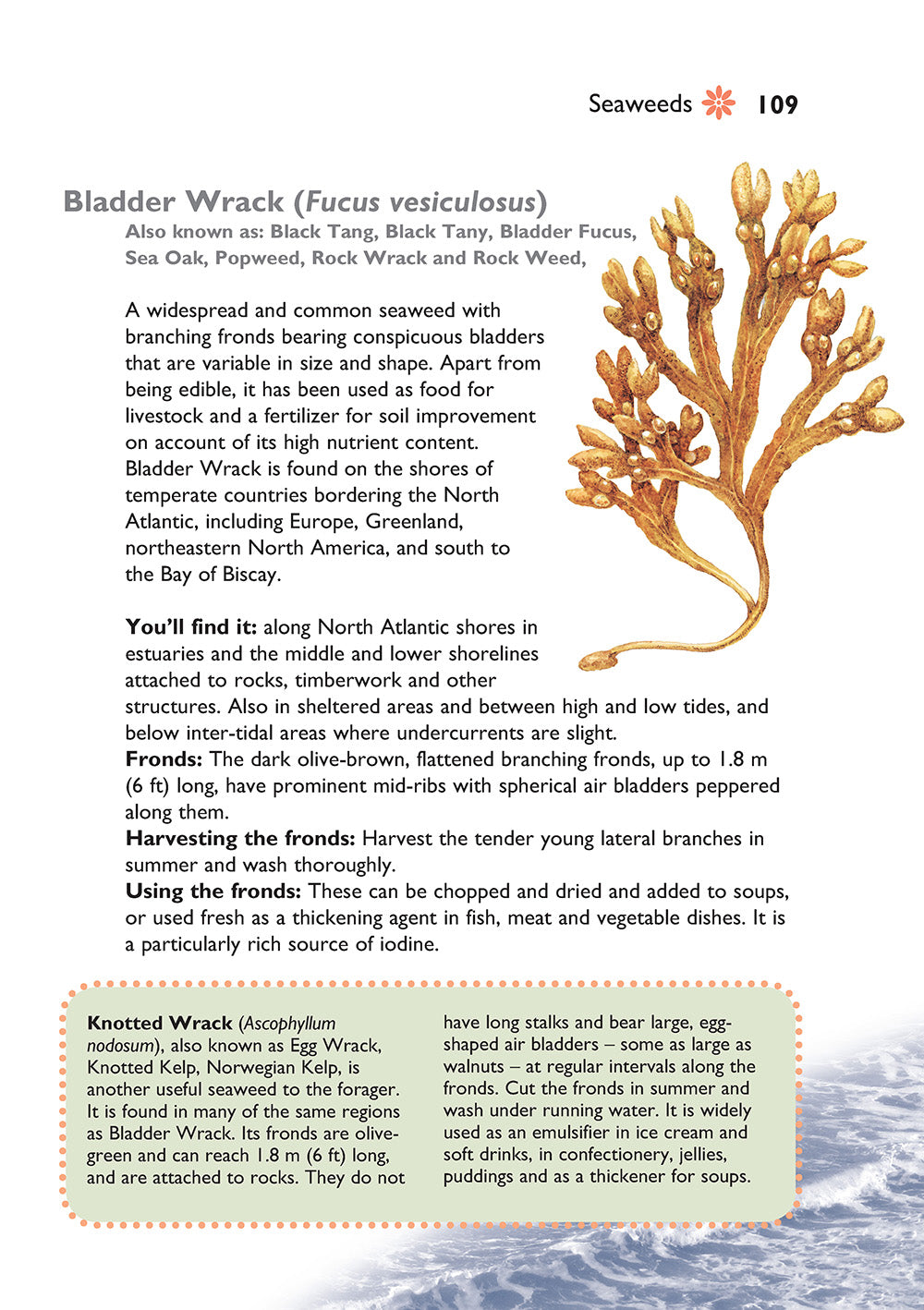
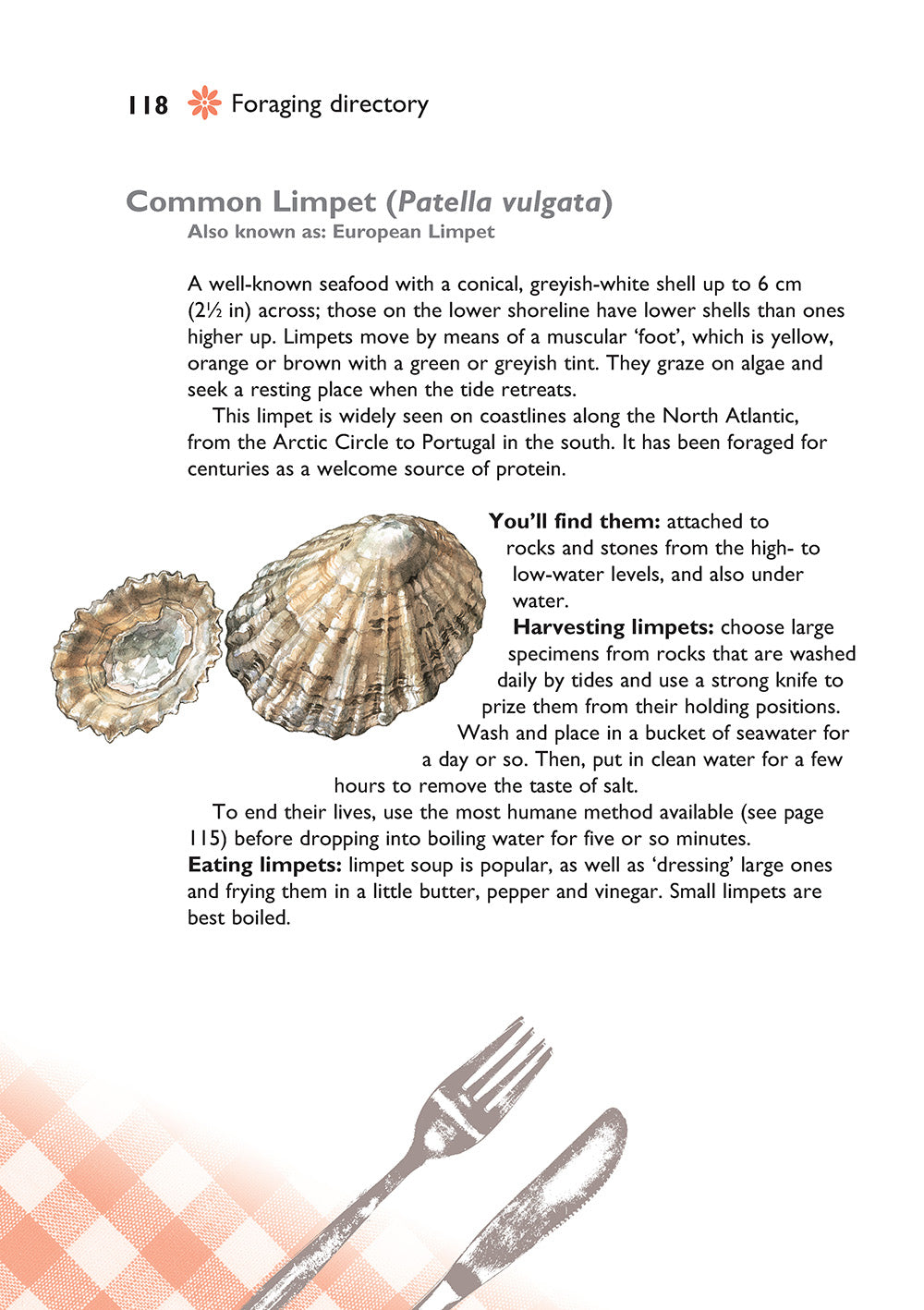
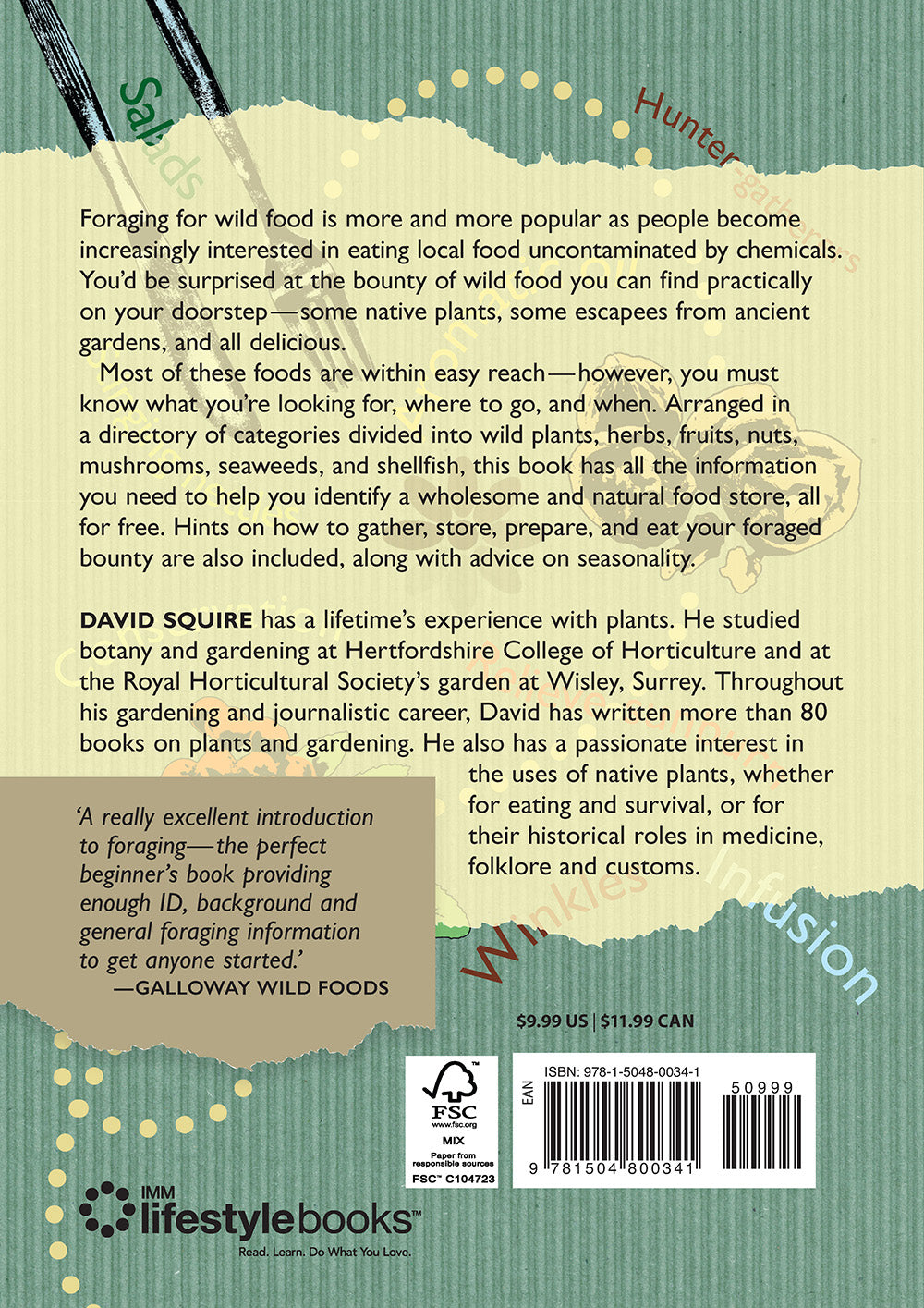
Notified by email when this product becomes available
PREVIEW
About the Author
David Squire has worked for many years as a gardening writer and editor. He has contributed to numerous gardening magazines and is the author (or co-author) of more than 80 gardening and plant-related books. His books include four titles in the new Home Gardener's Specialist Guide series (Fox Chapel Publishing) plus The Scented Garden (Orion) which won the "Quill and Trowel Award" of the Garden Writers of America. David trained as a horticulturist at the Hertfordshire College of Agriculture and at the Royal Horticultural Society, where he was awarded the Wisley Diploma in Horticulture. He was awarded an N.K. Gould Memorial Prize for his collection of herbarium specimens of native British plants. In 2005, this collection of plants was accepted by the Booth Museum of Natural History to become library and museum exhibits. He has a passionate interest in the uses of native plants, whether for eating and survival, or for their historical roles in medicine, folklore and customs.
You May Also Like
Be in the Know
Learn about the newest releases, online promotions, special events and more!
- Choosing a selection results in a full page refresh.








